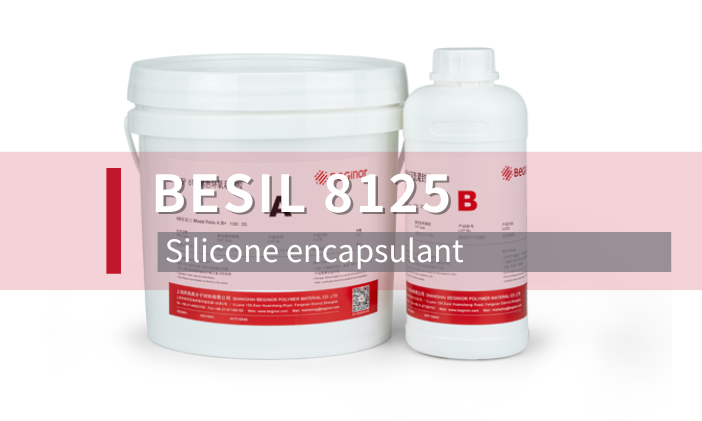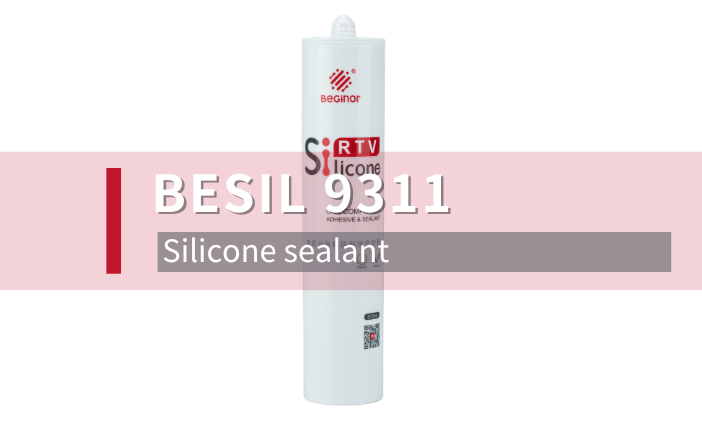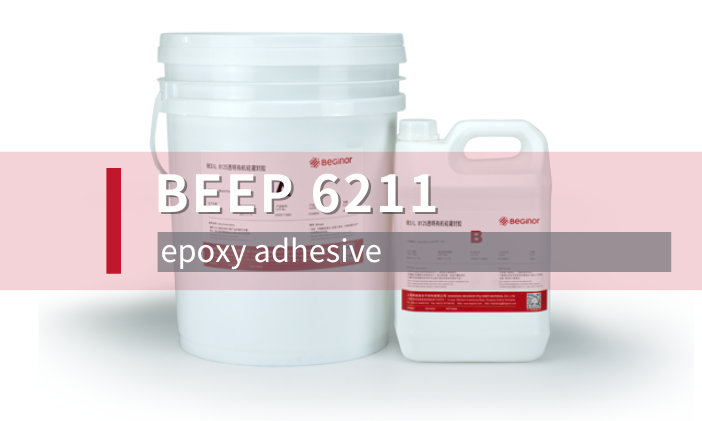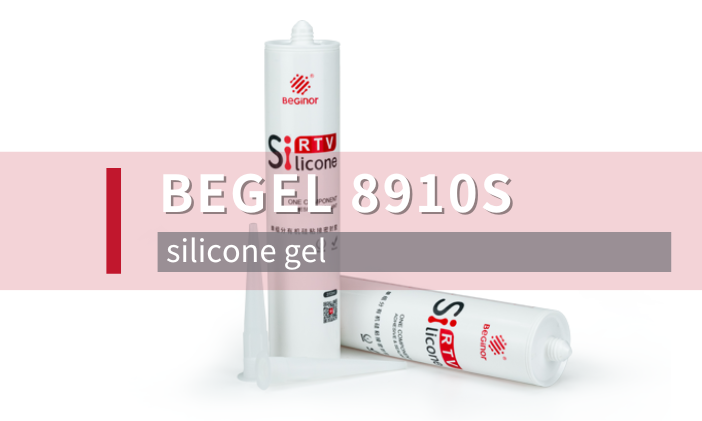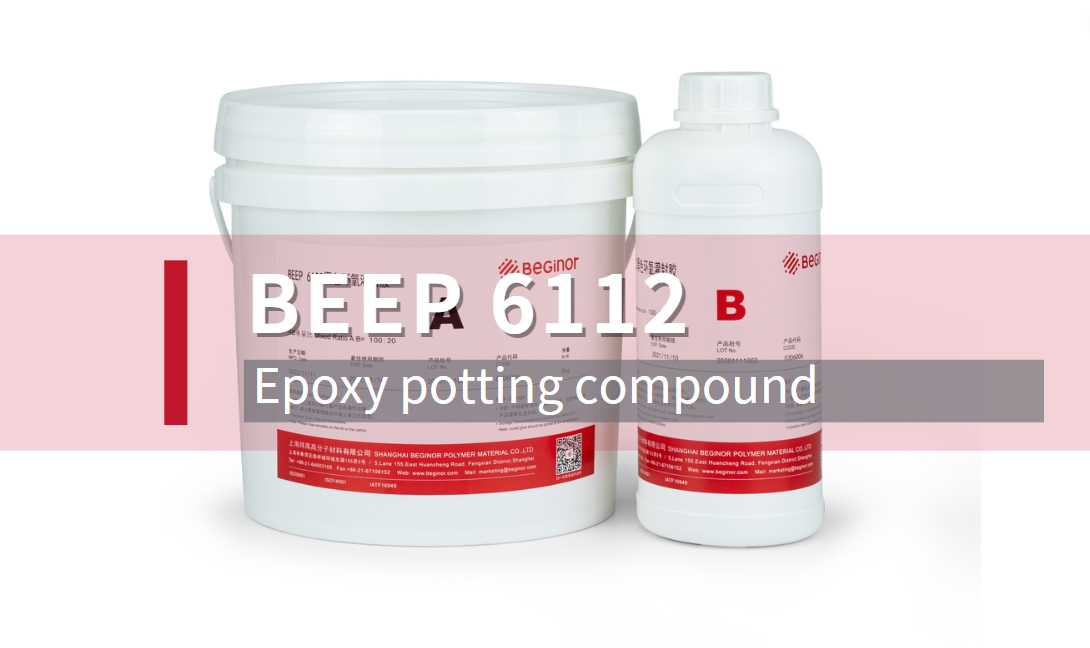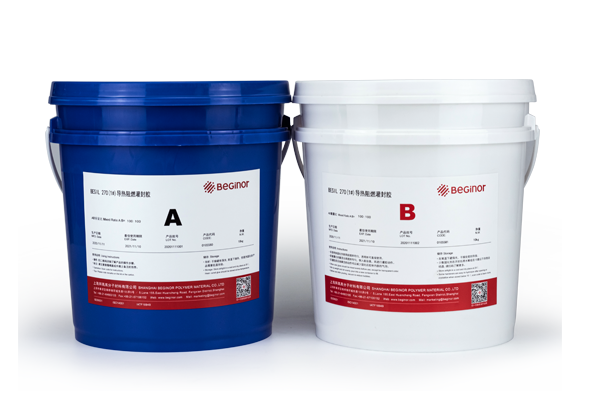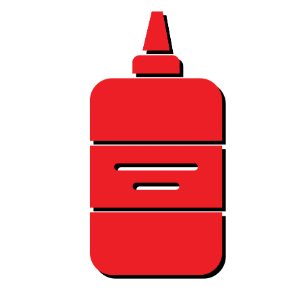The adhesives commonly used in power systems mainly include polyurethane adhesives, acrylic adhesives, modified epoxy resin adhesives, silicone gels and other high-performance adhesives. Due to its good thermal insulation performance and electrical insulation performance, it is more and more widely used in the power system, mainly used for plugging leaks of power oil-filled equipment, repairing power poles, and bonding and sealing of power electronic equipment and wind power blades.
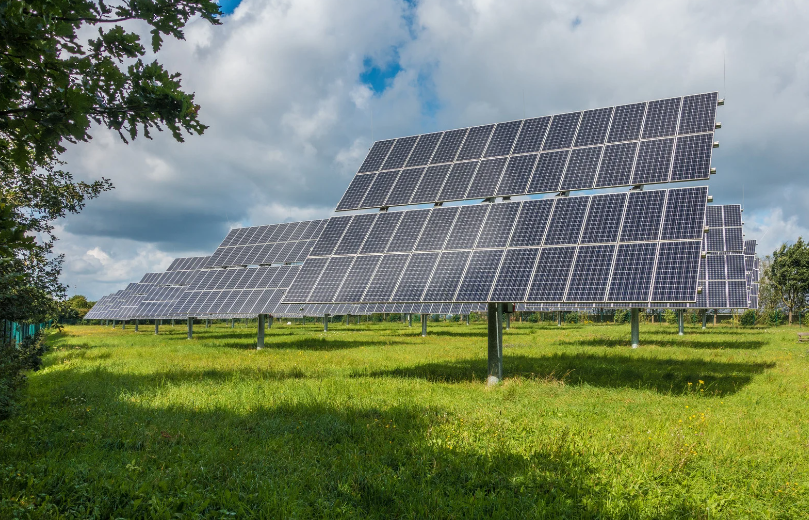
The application of different kinds of adhesives in power systems
1、Epoxy resin application
The sealing of electronic devices in the power system is very important, and poor sealing is easy to cause leakage. Therefore, the sealing material requires a thermally conductive insulating material with high heat dissipation, and epoxy resin adhesive has a large resistance, voltage resistance and thermal conductivity, which is suitable for the sealing of electronic equipment in the power system.
2. Acrylic adhesive application
Acrylic adhesive has the characteristics of fast drying molding, good transparency, good adhesion, weather resistance, water resistance, and chemical resistance. In particular, it has excellent adhesion to hydrophobic surface materials, as well as better resistance to atmospheric aging. Therefore, acrylic adhesives are often used for rapid leak plugging in power oil-filled equipment.
3. Epoxy resin and silicone application
Epoxy resin adhesives and silicone adhesives are gradually used in wind power, solar energy and other new energy power generation equipment, mainly used for the bonding of wind turbine blade shell and core material and upper and lower blade shells, filling the shell gap, and the mold is pressurized and cured into an integral blade.
4. Silicone rubber application
Silicone rubber has long-lasting weather resistance and anti-ultraviolet radiation characteristics, and has good electrical insulation properties and flame retardancy, at present, there are organic silicone adhesives from Baigao scientific research, which are mainly used for the bonding of solar photovoltaic module substrates (such as glass, aluminum TedlarR, PVF, PVDF, PPO, PPS, etc.), the sealing of solar module frames, the potting of junction boxes, power inverters and the packaging of photovoltaic cells.
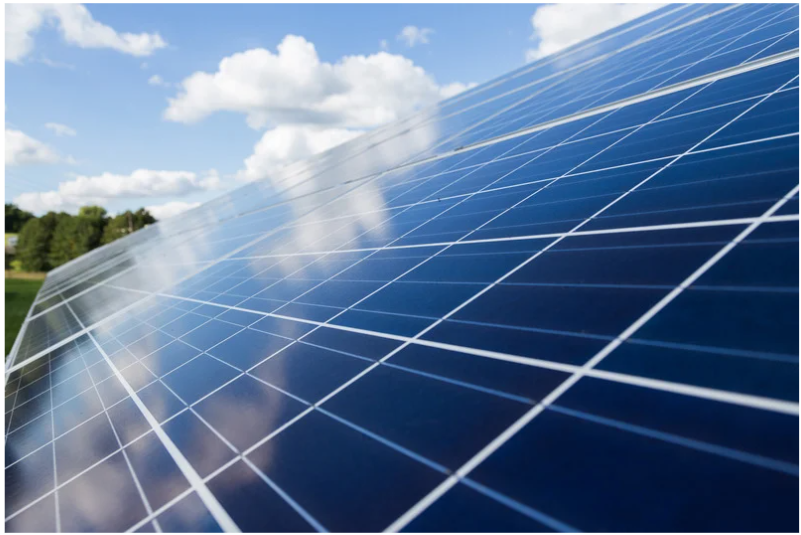
Requirements for special adhesives for power systems
1. For the selection of this plugging adhesive, there are mainly the following five requirements:
(1) Aluminum, steel and ceramics have good adhesion and certain toughness;
(2) It has a sufficiently large and long-lasting adhesion, especially a good tensile strength;
(3) After curing, the adhesive layer must be dense, and have good waterproof and weather resistance, and good oil resistance is also required when used for transformer leakage plugging;
(4) On-site construction, curing at room temperature, and short curing time;
(5) Low surface treatment requirements. Most of the plugging adhesives with these advantages are acrylic adhesives.
2. The adhesive used for sealing electronic components and component frame sealing in the power system is required to have good insulation, flame retardancy and weather resistance, and the main adhesive is epoxy resin glue.
3. In addition, the wind power generation system and the solar power generation system have higher requirements for the selection of adhesives, and the adhesives used in the wind power system are required:
(1) High shear strength and toughness, able to withstand the centrifugal force of each blade;
(2) Excellent operating characteristics, such as no slump, easy pumping, etc.;
(3) High compressive performance, fatigue resistance and aging resistance;
(4) Excellent gap filling ability, suitable for adhesive tapes of different thicknesses;
(5) Exothermic and low curing shrinkage;
(6) Good adhesion ability.
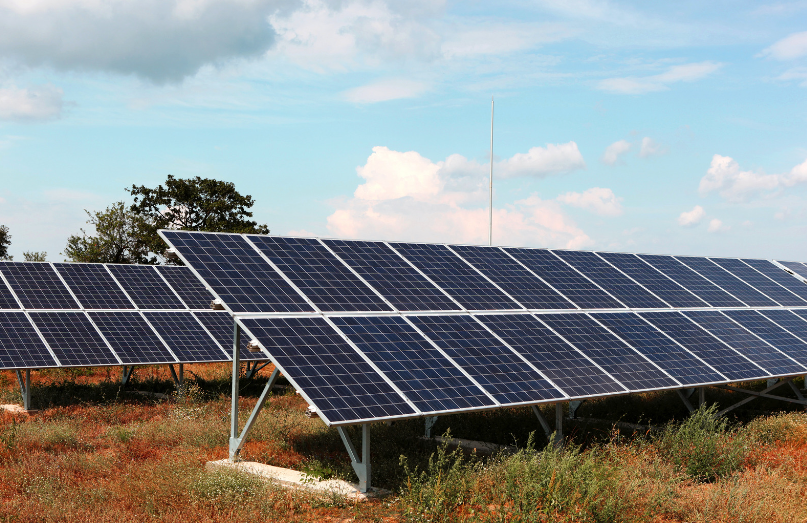
It is difficult for ordinary adhesives to meet these requirements, and most of the current applications in wind power systems are modified epoxy resin adhesives, modified polyurethane adhesives or modified acrylic adhesives.
4. In addition to ensuring good adhesion, high and low temperature resistance, and aging resistance, the adhesives used in solar power generation systems also require excellent anti-ultraviolet radiation characteristics and electrical insulation. In addition, compared with traditional power plants, solar power plants need to add a high-concentration solar power system, which requires adhesives with excellent light transmittance, and only silicone rubber adhesives can meet the requirements.
Application of modified adhesives in power systems
In terms of adhesive resin modification, because silicone adhesive has a good bonding effect on silicate inorganic non-metallic materials such as ceramics and glass, the use of silicone modified polyurethane adhesive can enhance the bonding effect of polyurethane adhesive to silicate materials, such as modified adhesives are widely used in porcelain bottles and metal flange joints. In addition, the content of unsaturated bonds in the prepolymer molecular chain of silicone-modified sealants is extremely low, and it has excellent weather resistance and UV resistance. At the same time, due to the synergistic effect of siloxane crosslinking and polyurethane chemical structure in chemical resistance, this modified sealant has good hydrolysis and chemical resistance, and its heat resistance and durability are superior to traditional adhesive products. As a result, the adhesive is widely used in the sealing of various industrial equipment, such as transformers, oil-immersed power equipment, and engines.
In terms of filling modification, the modification of phenolic resins is more common. For example, phenolic resins contain a large amount of polar hydroxymethyl methyl, which has a good bonding effect to metals and non-metals. It also stands out for its resistance to oil, water, chemicals and electrical insulation. It can be used as an insulating sealant for winding coils, capacitors, resistance transformers, etc. However, thermoset phenolic adhesives are prone to volume shrinkage and internal stresses during the curing process, reducing bond strength. Through the filling modification of SiC filler, the internal stress can be eliminated to a certain extent, so that the phenolic adhesive can obtain ideal high-temperature adhesive performance, which is conducive to the promotion and application of high-temperature heating power system components



